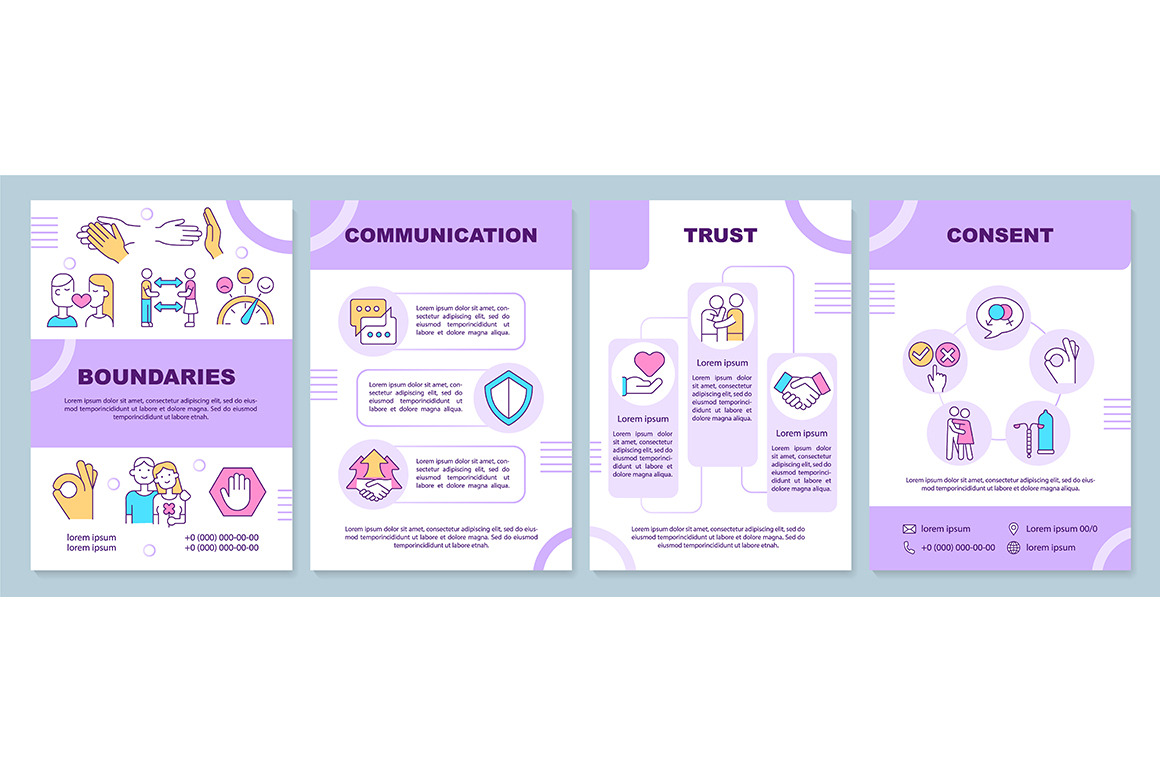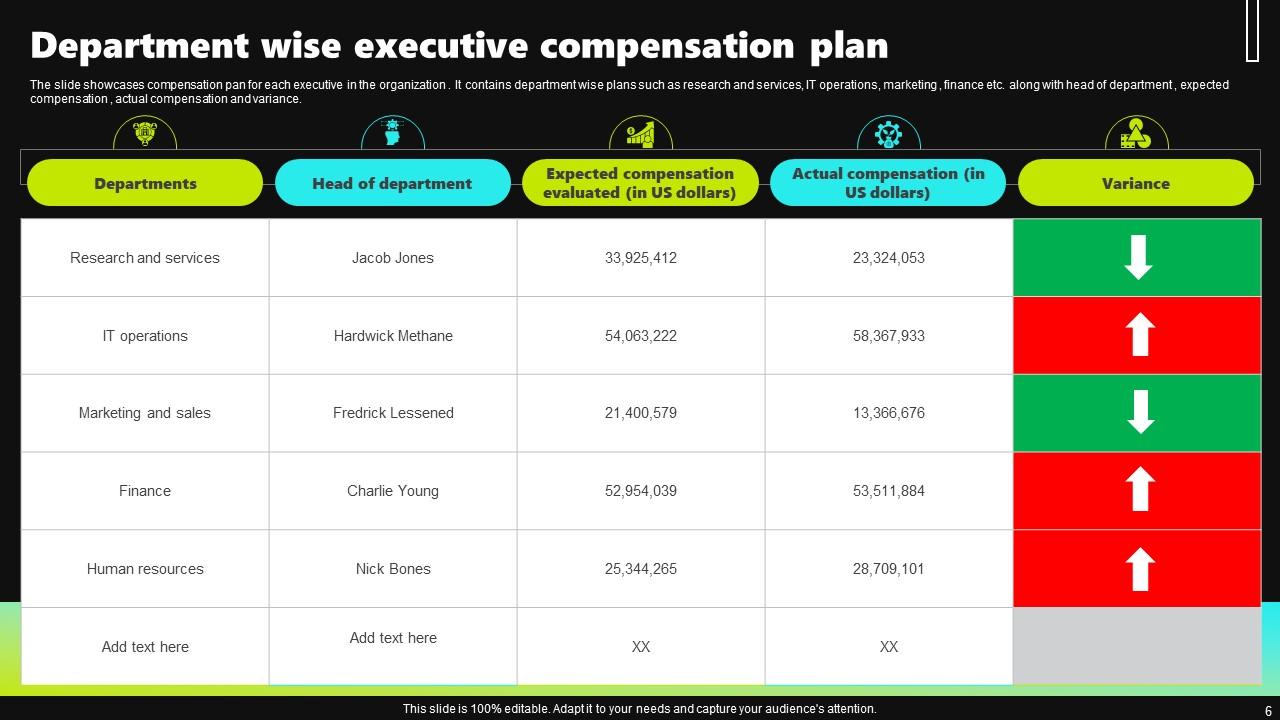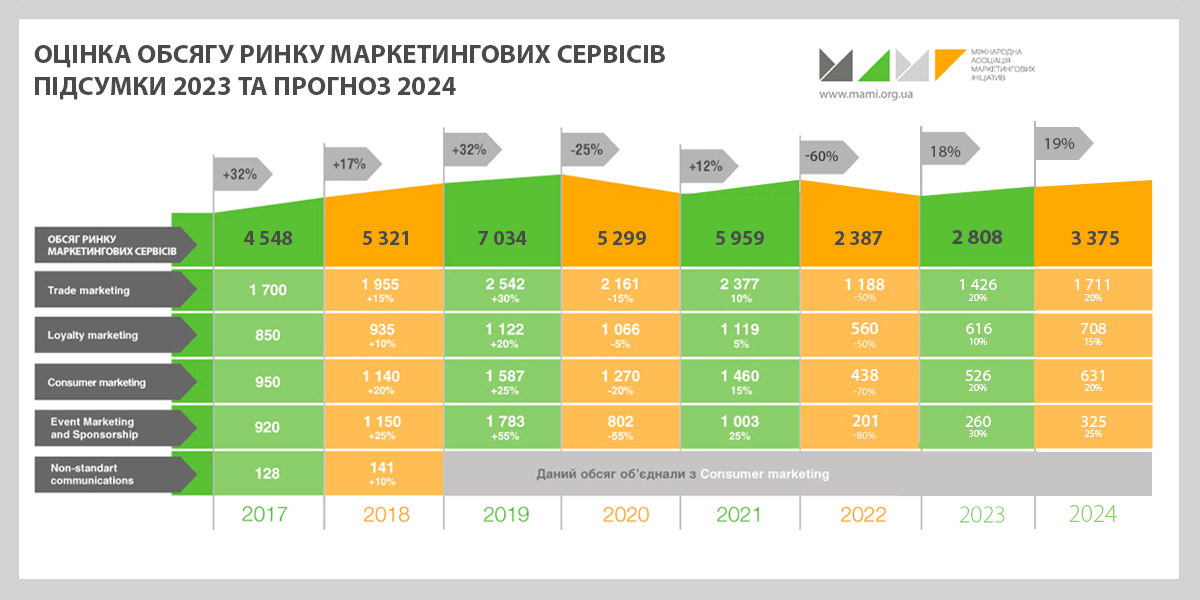Love Monster: Finding Healthy Relationships

Table of Contents
Understanding Your "Love Monster": Identifying Self-Sabotaging Behaviors
Before we can conquer our Love Monster, we need to understand its tactics. Many of us unknowingly engage in self-sabotaging behaviors that prevent us from forming healthy relationships. These patterns, often rooted in past experiences and negative self-talk, create a cycle of unhealthy relationships and relationship anxiety. Recognizing these behaviors is the first step towards breaking free.
- Picking partners who are emotionally unavailable: Do you consistently choose partners who are distant, avoidant, or unwilling to commit? This could be a sign of a pattern rooted in fear of intimacy or a need for validation through unattainable love.
- Engaging in constant conflict or drama: Are your relationships marked by frequent arguments, power struggles, and intense emotional upheaval? This often points to unresolved personal issues or a need for external validation through conflict.
- Needing constant reassurance: Do you require constant affirmations of love and affection? This can indicate low self-esteem and an unhealthy dependence on external validation.
- Fear of commitment or intimacy: Do you shy away from commitment or deep emotional connection? This fear can stem from past hurts, trauma, or a lack of trust in yourself or others.
- Having unrealistic expectations of partners: Do you expect your partner to fulfill all your needs and desires, leading to disappointment and conflict? Healthy relationships thrive on mutual respect and realistic expectations.
- Ignoring red flags in relationships: Do you overlook warning signs of incompatibility or unhealthy behavior? This can lead to prolonged unhappiness and emotional distress. Learning to identify and address red flags early on is crucial for building healthy relationships.
Cultivating Self-Love and Self-Acceptance: The Foundation of Healthy Relationships
Taming your Love Monster begins with cultivating self-love and self-acceptance. These are not narcissistic concepts but the bedrock of healthy relationships. When you love and accept yourself, you attract healthy relationships based on mutual respect and genuine connection, rather than seeking validation from others. Self-care, setting boundaries, and accepting imperfections are vital elements in this process.
- Practicing self-compassion and forgiveness: Treat yourself with the same kindness and understanding you would offer a friend. Forgive past mistakes and embrace your imperfections.
- Identifying and challenging negative self-talk: Become aware of your inner critic's voice and actively challenge its negativity with positive affirmations and realistic self-assessments.
- Engaging in activities that bring joy and fulfillment: Prioritize activities that nourish your mind, body, and soul – hobbies, exercise, spending time in nature, connecting with loved ones.
- Setting healthy boundaries with others: Learn to say "no" to requests that drain your energy or compromise your values. Protecting your emotional well-being is paramount.
- Prioritizing self-care (physical, mental, and emotional): Make self-care a non-negotiable part of your routine. This includes healthy eating, regular exercise, sufficient sleep, and mindfulness practices.
Developing Healthy Communication Skills: The Cornerstone of Strong Relationships
Effective communication is the cornerstone of any strong and healthy relationship. It's not just about talking; it's about truly listening, understanding, and expressing your needs respectfully. Learning to communicate effectively allows you to build trust, resolve conflicts constructively, and foster intimacy.
- Practicing active listening (paying attention, asking clarifying questions, summarizing): Show genuine interest in your partner's perspective by actively listening and seeking clarification when needed. Summarize their points to ensure understanding.
- Expressing needs and feelings clearly and respectfully: Learn to articulate your needs and feelings without blaming or accusing your partner. Use "I" statements to express your perspective.
- Learning to compromise and negotiate: Healthy relationships require compromise. Learn to find mutually acceptable solutions during disagreements.
- Developing conflict resolution skills (identifying triggers, expressing needs, finding solutions): Conflict is inevitable, but learning to resolve it constructively is crucial. Identify triggers, express needs calmly, and collaboratively seek solutions.
- Practicing empathy and understanding different perspectives: Try to see things from your partner's point of view, even if you don't agree. Empathy fosters understanding and strengthens connection.
Setting Healthy Boundaries: Protecting Your Emotional Well-being
Setting healthy boundaries is crucial for protecting your emotional well-being and fostering respect in your relationships. Boundaries are not about being selfish; they're about self-respect and protecting your mental and emotional health.
- Defining personal limits and communicating them clearly: Identify your personal limits and communicate them clearly and assertively to your partner.
- Saying "no" to things you're not comfortable with: Don't feel obligated to say "yes" to everything. Asserting your boundaries is a sign of self-respect.
- Protecting your time, energy, and resources: Don't let others drain your energy or take advantage of your time and resources. Prioritize your own well-being.
- Respecting your partner's boundaries: Just as you set boundaries, respect your partner's boundaries as well. Mutual respect is essential for healthy relationships.
- Recognizing and addressing boundary violations: If your boundaries are violated, address the issue directly and calmly. This helps prevent future violations.
Finding the Right Partner: Recognizing Compatibility and Shared Values
Finding a compatible partner involves more than just physical attraction. Shared values, mutual respect, and emotional compatibility are essential for building a lasting, healthy relationship. Learning to identify red flags and avoid unhealthy relationships is equally crucial.
- Identifying personal values and priorities: Understand your own values and priorities so you can seek a partner who shares them.
- Seeking partners who share similar values: Shared values provide a strong foundation for a long-term relationship.
- Recognizing and avoiding red flags (controlling behavior, disrespect, dishonesty): Be vigilant for red flags that indicate potential problems.
- Prioritizing emotional compatibility over superficial attraction: Emotional compatibility is far more important than superficial attraction for long-term success.
- Being patient and persistent in the search for a healthy relationship: Finding the right partner takes time and effort. Be patient and don't settle for less than you deserve.
Conclusion
Taming your inner Love Monster and finding healthy relationships requires self-awareness, self-compassion, and a commitment to personal growth. By understanding your self-sabotaging behaviors, cultivating self-love, developing healthy communication skills, setting boundaries, and seeking a compatible partner, you can build the fulfilling and lasting relationships you desire. Start taming your inner Love Monster today! Begin building healthy relationships by prioritizing self-love and effective communication. Learn to recognize and avoid relationship red flags, and remember that finding a compatible partner who shares your values is key to lasting love. For more resources on building healthy relationships, visit [link to related resources].

Featured Posts
-
 Bp Executive Compensation A 31 Reduction Explained
May 21, 2025
Bp Executive Compensation A 31 Reduction Explained
May 21, 2025 -
 Service De Navette Gratuit Experimental Entre La Haye Fouassiere Et Haute Goulaine
May 21, 2025
Service De Navette Gratuit Experimental Entre La Haye Fouassiere Et Haute Goulaine
May 21, 2025 -
 Manhattan Forgotten Foods Festival A Celebration Of Rare Ingredients
May 21, 2025
Manhattan Forgotten Foods Festival A Celebration Of Rare Ingredients
May 21, 2025 -
 Tory Politicians Wife Remains Jailed After Migrant Rant In Southport
May 21, 2025
Tory Politicians Wife Remains Jailed After Migrant Rant In Southport
May 21, 2025 -
 Dokhodi Vid Finansovikh Poslug V Ukrayini 2024 Credit Kasa Finako Ukrfinzhitlo Atlana Ta Credit Plus U To Pi
May 21, 2025
Dokhodi Vid Finansovikh Poslug V Ukrayini 2024 Credit Kasa Finako Ukrfinzhitlo Atlana Ta Credit Plus U To Pi
May 21, 2025
Latest Posts
-
 A New Frontier In Computing Chinas Space Based Supercomputer Project
May 21, 2025
A New Frontier In Computing Chinas Space Based Supercomputer Project
May 21, 2025 -
 Chinas Space Supercomputer Design Construction And Objectives
May 21, 2025
Chinas Space Supercomputer Design Construction And Objectives
May 21, 2025 -
 Experience Superior Sound The Best Wireless Headphones Available
May 21, 2025
Experience Superior Sound The Best Wireless Headphones Available
May 21, 2025 -
 The Development And Deployment Of Chinas Space Supercomputer
May 21, 2025
The Development And Deployment Of Chinas Space Supercomputer
May 21, 2025 -
 Wireless Headphones New And Improved Models Reviewed
May 21, 2025
Wireless Headphones New And Improved Models Reviewed
May 21, 2025
